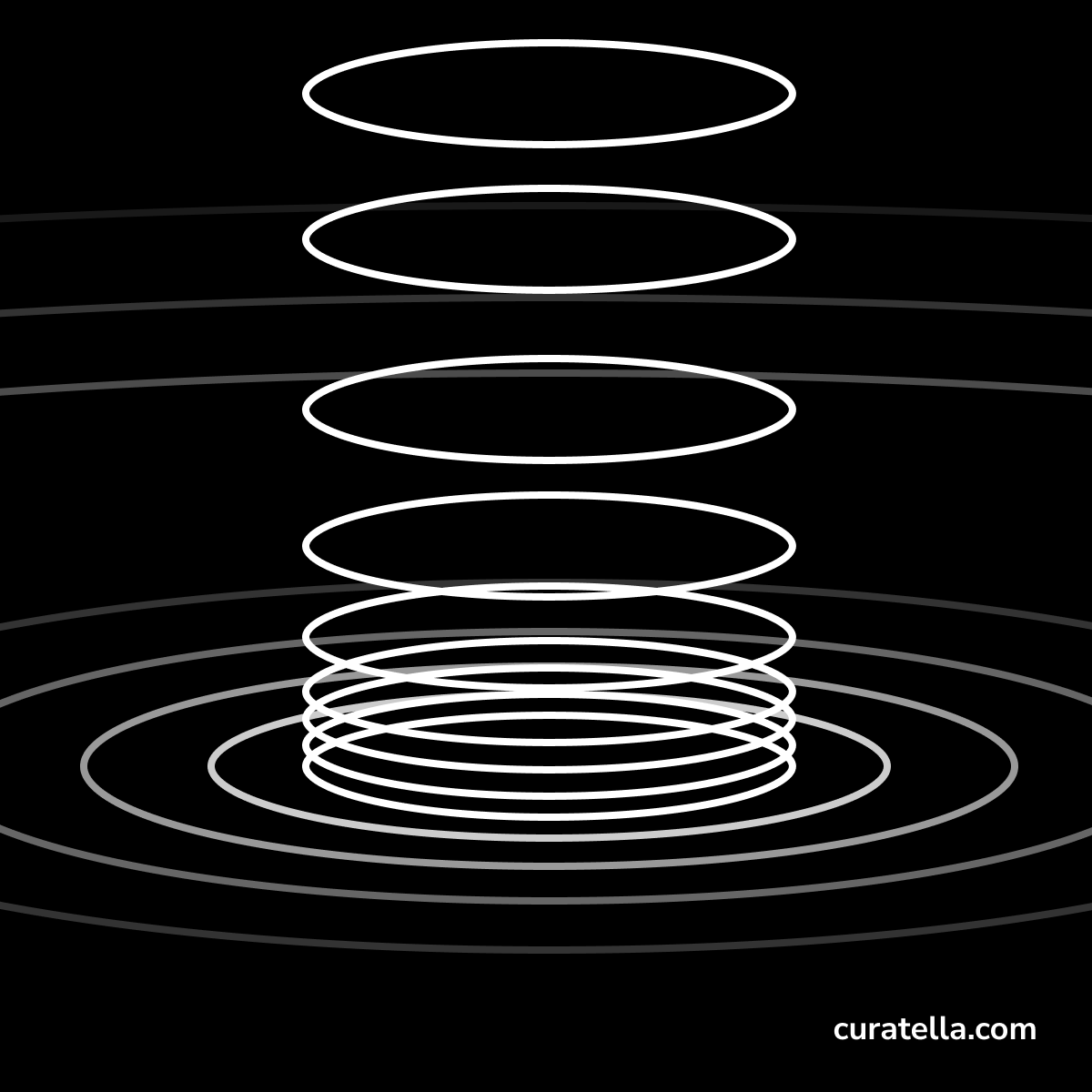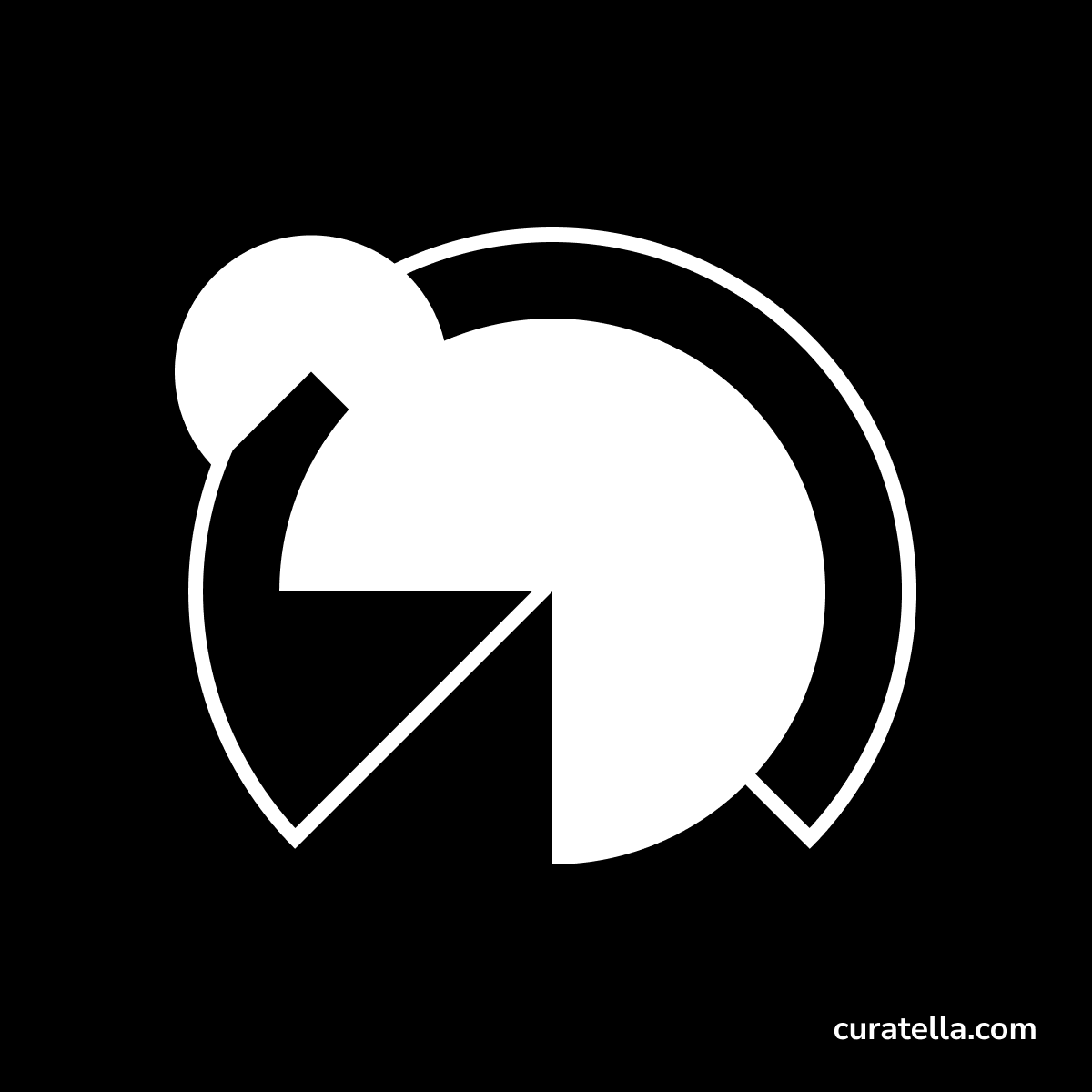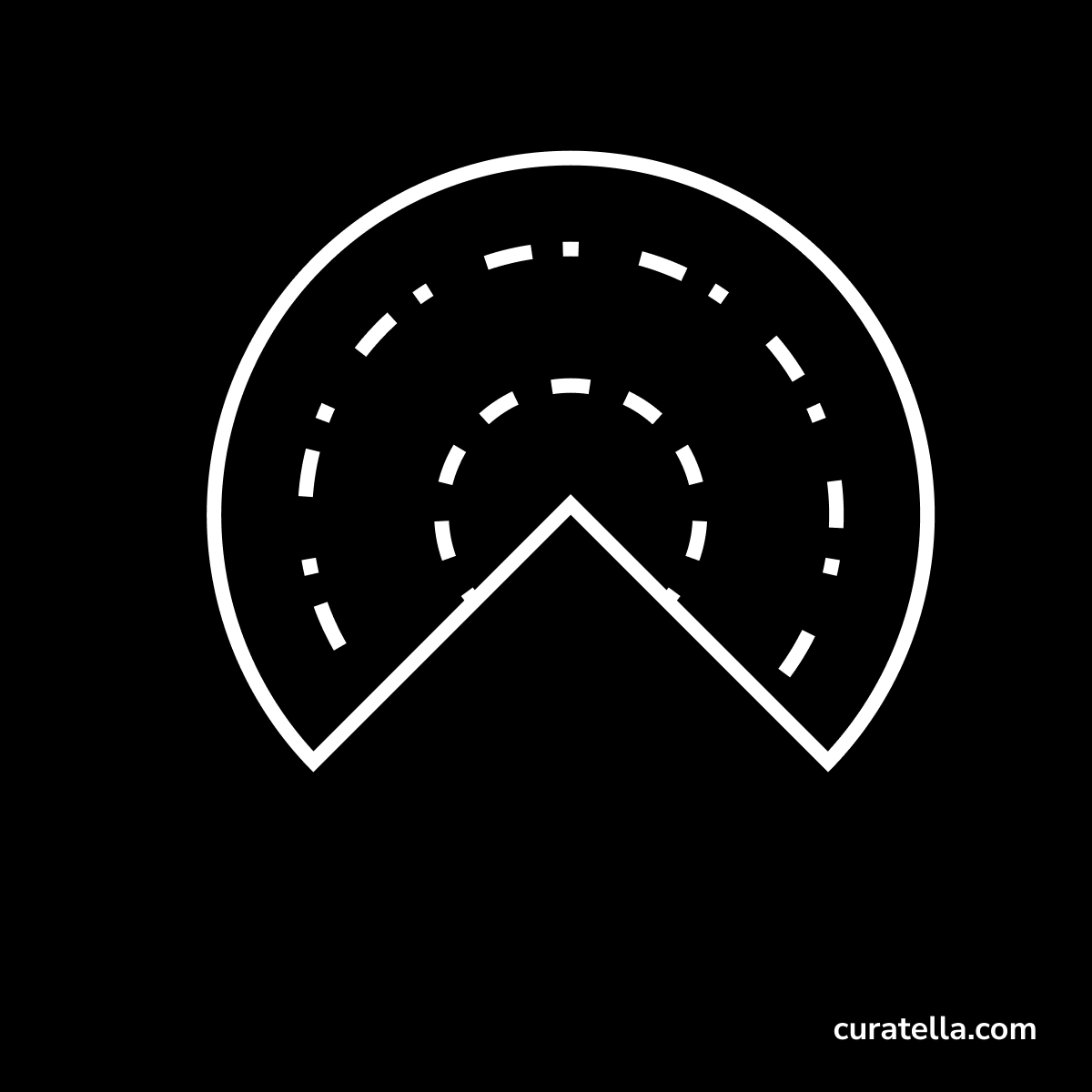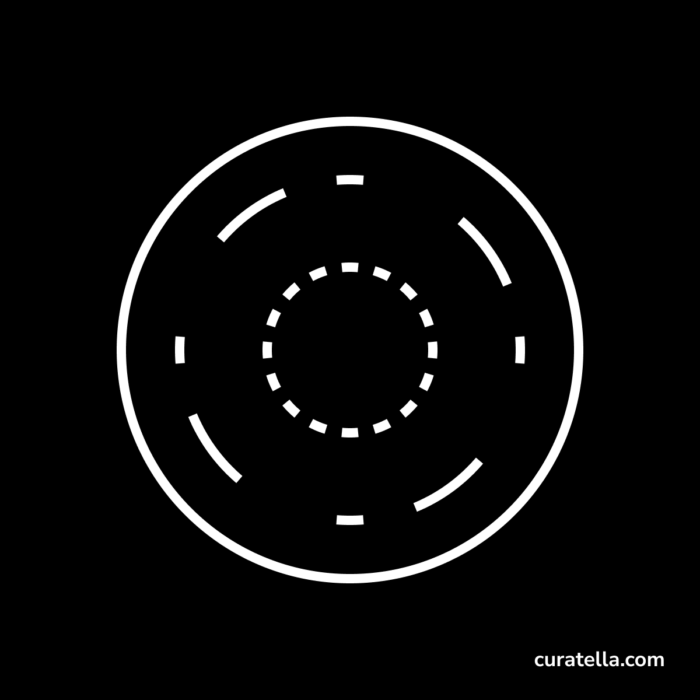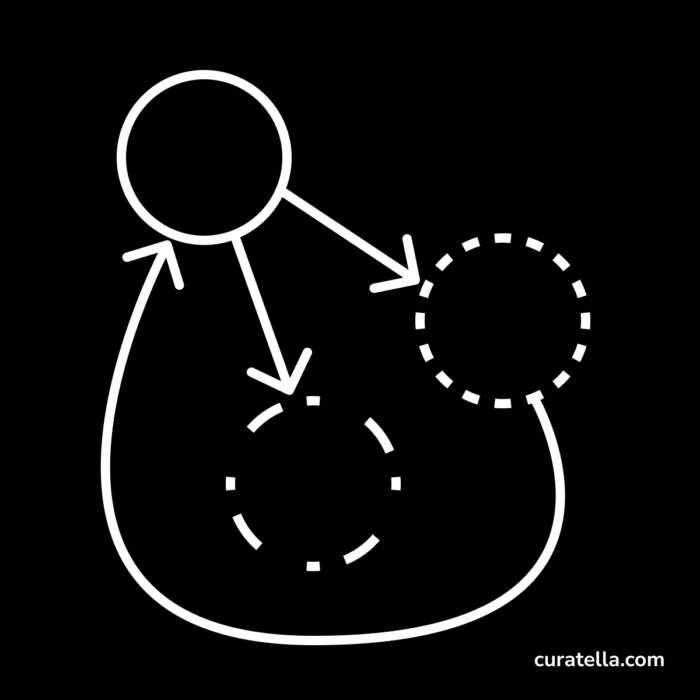Doubt can drill your brain. It might become toxic if you don’t have the courage to face it or go deep and unearth its origin. It’s a love-hate relationship, a bug in your brain, mainly when it stays a long time, in the dark and obscure recesses of your mind.
Either you embrace it when it becomes the physiological uncertainty we all live in. And so you can make a tool out of it. You can use it to set up experiments. Meaning: you can act, work, and move from the paralysis you were in. So it’s a flowing evolution of considerations, you might go from doubt to doubt, which would be just reasonable. That is life.
Or, you can decide to keep it with you as a secret and be consumed from the inside. The inside of you. That would mine your confidence, your serenity, and your decision-making capabilities.
Better face your doubts as soon as possible, as frequently as possible. Everything is worth a doubt. Give it a try. Learn to sail and navigate with the winds even when your compass is not to be trusted.



